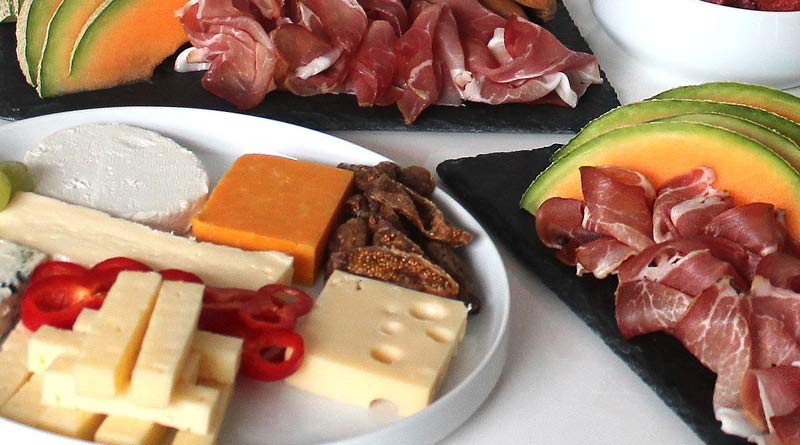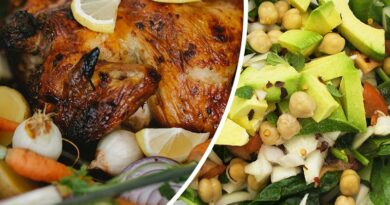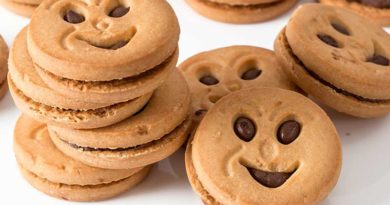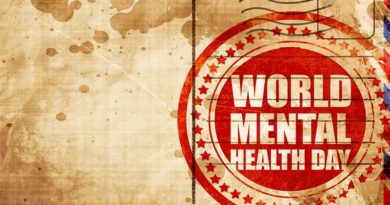Will cutting meat & dairy make you live longer?

Executive summary
* A paper was published which generated the headline “Cutting down meat and dairy could help you live up to a decade longer."
* The paper was a modelling exercise and so assumptions made determine outcomes. This modelling exercise relied on other collations of nutritional population studies. These are inherently flawed and thus the flaws have been built upon and reiterated throughout this modelling process.
* The researchers primarily used four other papers, which reviewed associations between different foods and mortality. An 'optimal diet' was created from these associations. It was then assumed that, if only this optimal diet were consumed, years of life could be gained.
* The paper claimed that if a 20-year-old male in the US switched from the assumed typical western diet to the optimal diet, he would gain 13 extra years of life. A 20-year-old female in the US doing the same would gain an additional 10.7 extra years of life.
* Notwithstanding that association does not mean causation and ignoring the fact that a healthy person might eat legumes – legumes might not make someone healthy, even the paper's own findings did not support the headline. For several food groups (including dairy) moving from the typical western intake to the so-called optimal intake made no statistically significant difference. The headline was false therefore – cutting down dairy made no difference – full stop.
* The ‘years gained’ were dominated by the claims that the 20-year-old male could gain 2.5 extra years of life by consuming 200g/day of legumes. The same male could gain another 2.3 extra years of life by consuming 225g/day of whole grains and 2 more years of extra life by consuming 25g/day of nuts.
* This is a classic example of the abuse of nutritional epidemiology. The person who typically consumes lentils, quinoa and cashews may well live seven years longer than a burger and fries consumer but that's because they are completely different people. Nutritional epidemiology wants you to believe that if only the disadvantaged and unhealthy in life ate like the advantaged and healthy, they would be as healthy as they are. Where to start?!
The rest of this article is available to site subscribers, who get access to all articles plus a weekly newsletter.
To continue reading, please login below or sign up for a subscription. Thank you.




